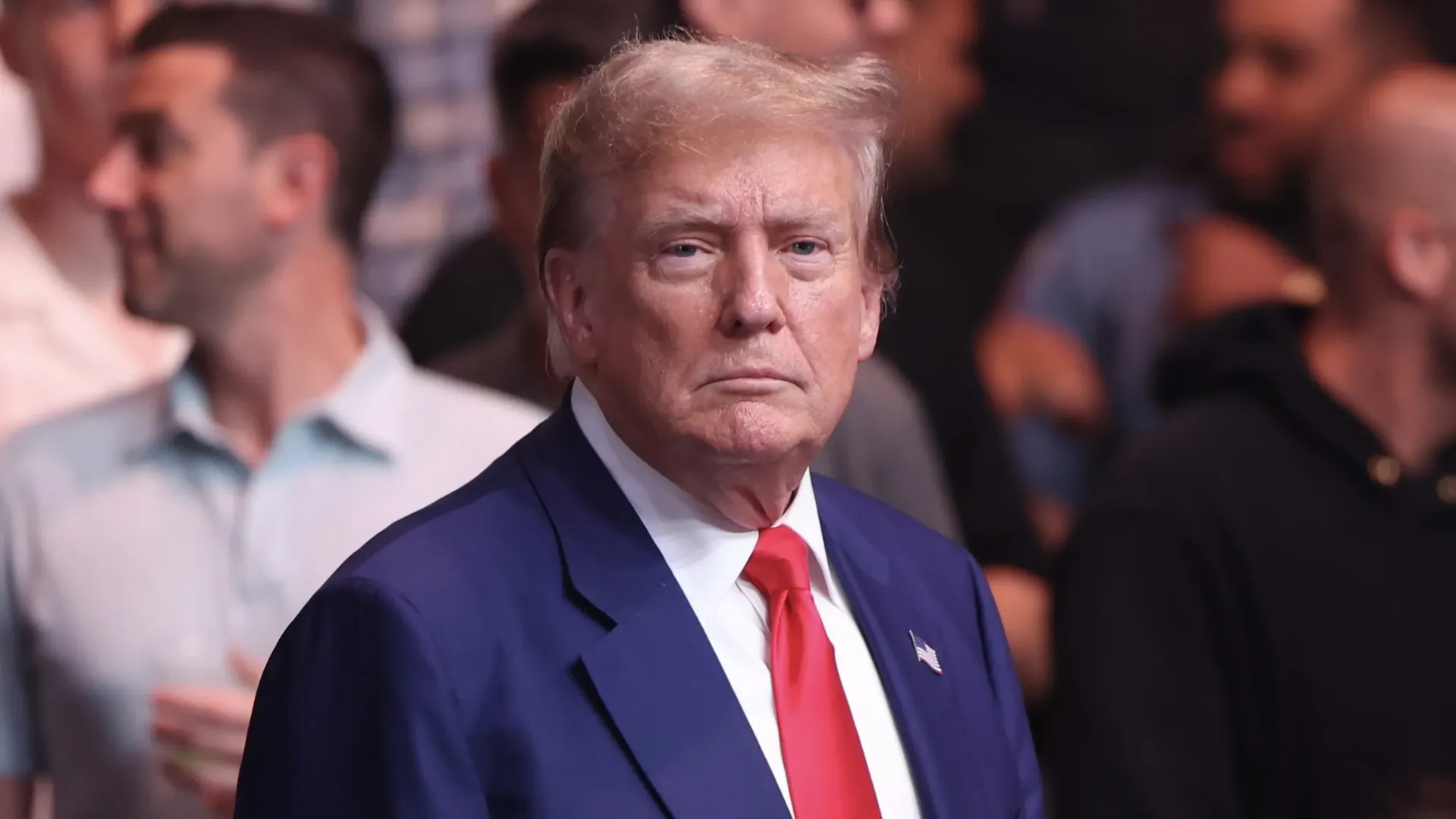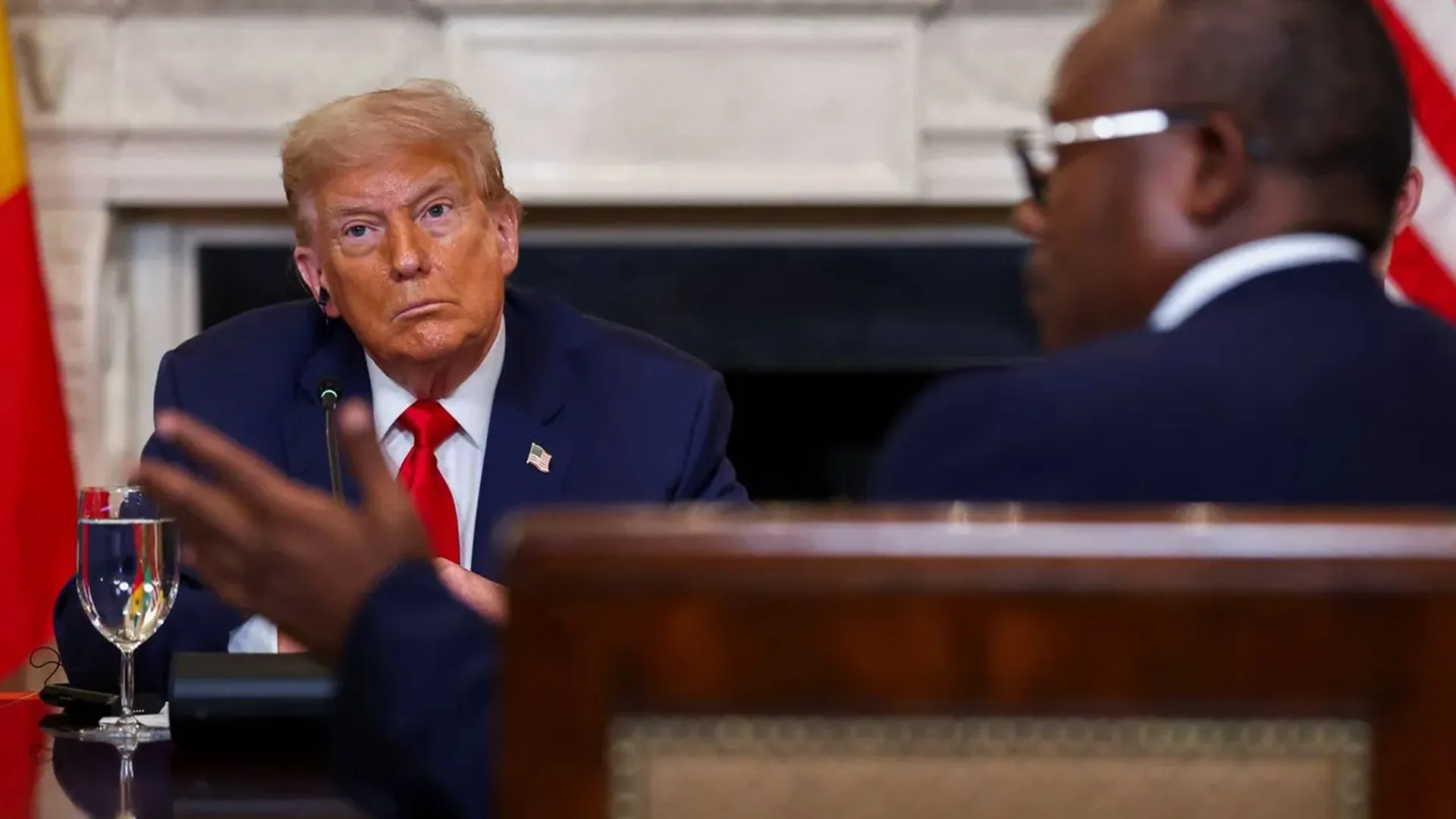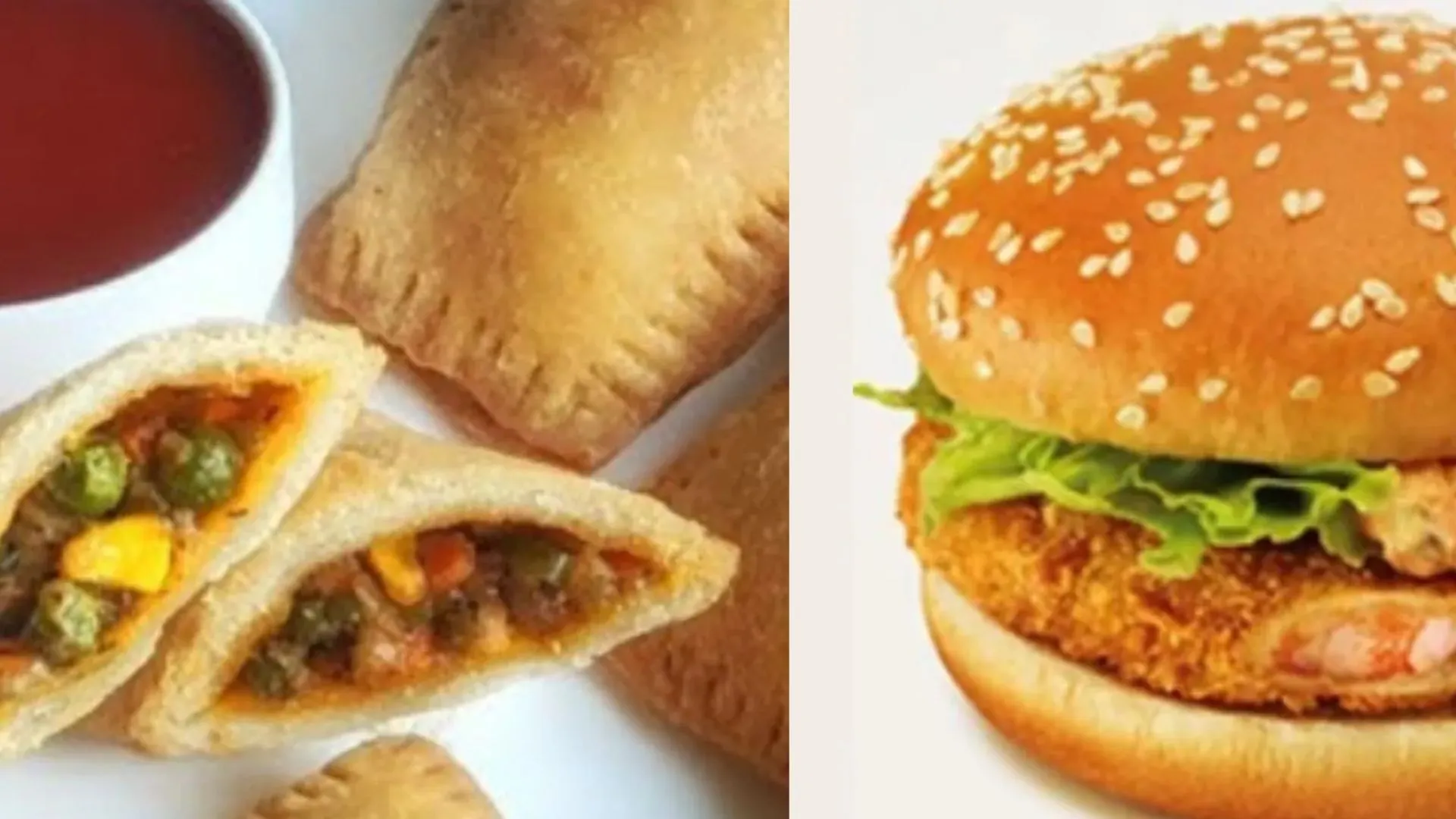The United States may be able to reach a trade agreement with India which will enable American businesses to compete in the Indian subcontinent and leave India with much lower tariffs, President Donald Trump told reporters on Tuesday, while expressing skepticism about reaching an agreement with Japan.
India Ready to Roll Back Trade Barriers
Trump informed journalists on board Air Force One that he thought India was prepared to roll back obstacles for U.S. businesses, which would set the stage for a deal avoiding the 26% tariff he announced on April 2, then suspended until July 9.
“Right now, India doesn’t accept anybody in. I think India is going to do that, if they do that, we’re going to have a deal for less, much less tariffs,” he said.
Progress in U.S.-India Trade Talks
Previously, Treasury Secretary Scott Bessent has informed Fox News that the U.S. and India are close to agreeing on a deal that will reduce tariffs on imports from America into the South Asian nation and keep India from facing levies from exploding next week.
“We are very close with India,” Bessent told Fox News in response to a question about progress on trade negotiations.
Indian officials prolonged a visit to Washington last week until Monday to attempt to come to terms on a trade agreement with President Donald Trump’s government and iron out outstanding issues on both sides, Indian government sources said.
U.S. Prioritizes India Over Japan for Trade Deal
A White House aide privy to the negotiations told that the Trump administration intends to give priority to obtaining trade agreements with nations such as India over Japan in the final days before the July 9 deadline.
India is among more than a dozen nations actively in the process of negotiating with the Trump administration to attempt to prevent a sharp jump in tariff rates on July 9, when a 90-day tariff lull comes to an end. India might experience its new “reciprocal” tariff rate increase to 27% from the present 10%.
U.S.-India negotiations have stalled due to differences over import tariffs for auto parts, steel, and agricultural products, prior to Trump’s deadline to impose retaliatory tariffs.
Jaishankar Hopes for Successful Outcome
“We are in the middle hopefully more than the middle of a very intricate trade negotiation,” Indian Foreign Minister Subrahmanyam Jaishankar told an event in New York on Monday.
“Obviously, my hope would be that we bring it to a successful conclusion. I cannot guarantee it, because there’s another party to that discussion,” said Jaishankar, who is in the U.S. for a meeting of the China-focused Quad grouping.
He said there “will have to be give and take” and both sides will need to meet in the middle.
Trump Doubtful About Japan Deal
Bessent explained to Fox News that each nation has an agenda for trade agreements, such as Japan, which Trump vented about on Monday and Tuesday.
Trump indicated that he was not considering extending the July 9 deadline and would just send letters announcing to nations the tariff rate they would receive.
“We’ve dealt with Japan. I’m not sure we’re going to make a deal. I doubt it,” Trump told reporters aboard Air Force One as he returned to Washington from a trip to Florida.
Trump Threatens Tariffs on Japanese Goods
Trump threatened to apply a tariff of 30% or 35% on Japanese imports – much higher than the 24% tariff rate Trump unveiled on April 2 and subsequently delayed until July 9.
He complained Japan was refusing to buy U.S.-grown rice, a Washington demand he called “an easy one,” and selling millions of automobiles in the United States.
“So what I’m going to do, is I’ll write them a letter saying we thank you very much, and we know you can’t do the kind of things that we need, and therefore you pay a 30%, 35% or whatever the numbers that we determine,” he said. So far, only Britain has negotiated a limited trade deal with the Trump administration, accepting a 10% U.S. tariff on many goods, including autos, in exchange for special access for aircraft engines and British beef.






















